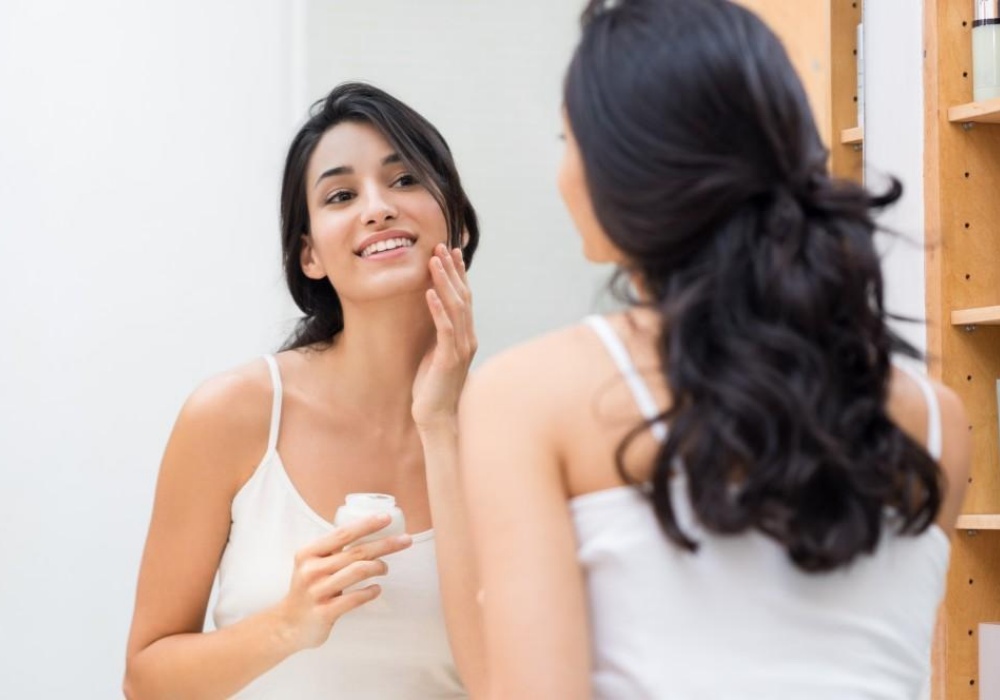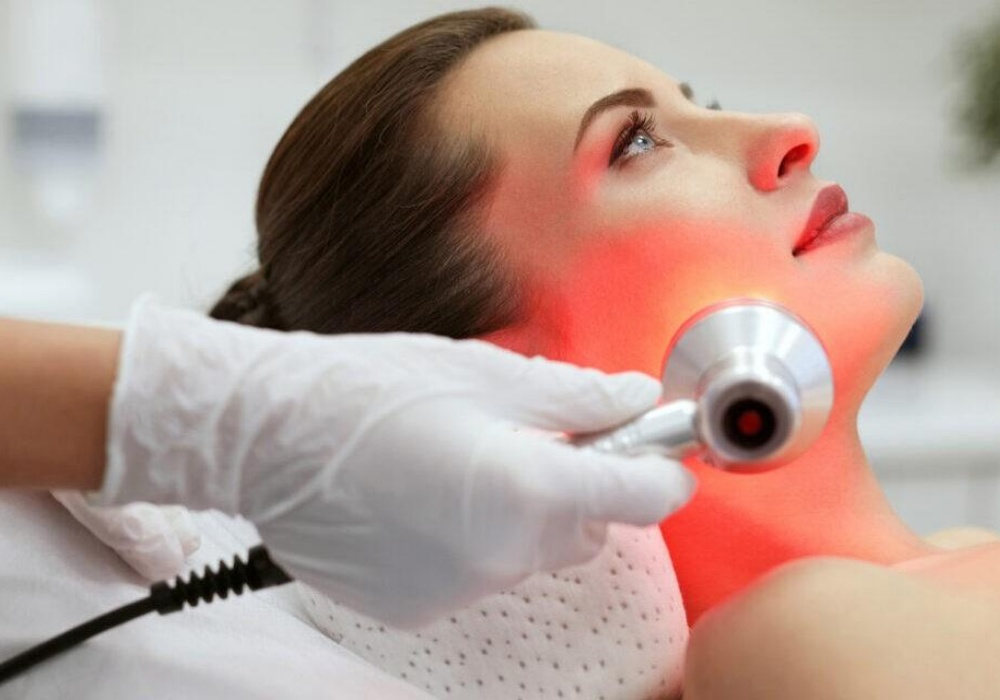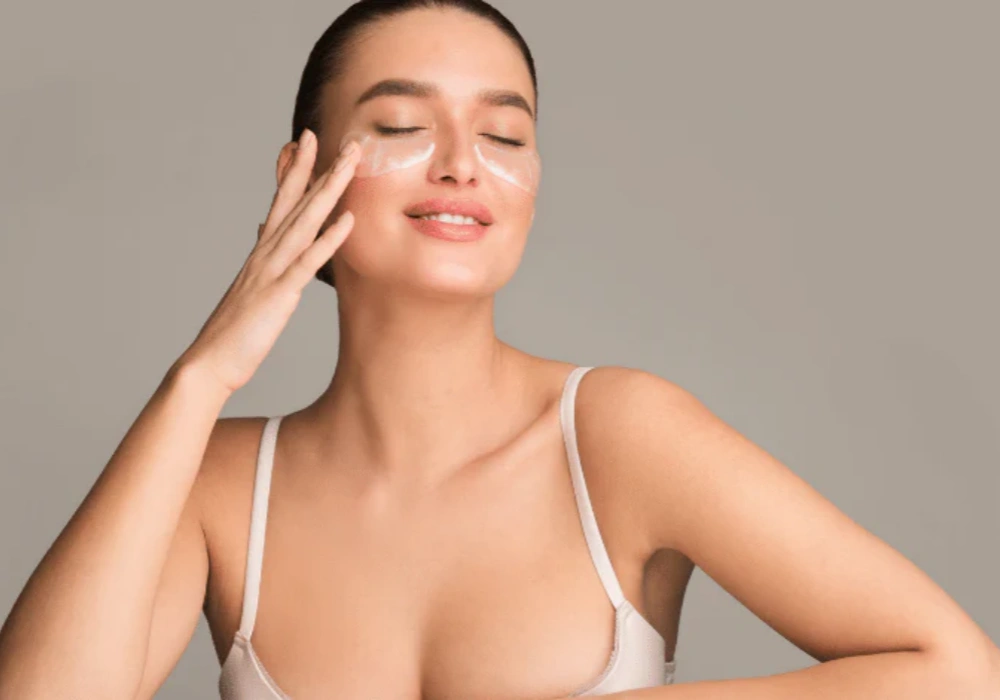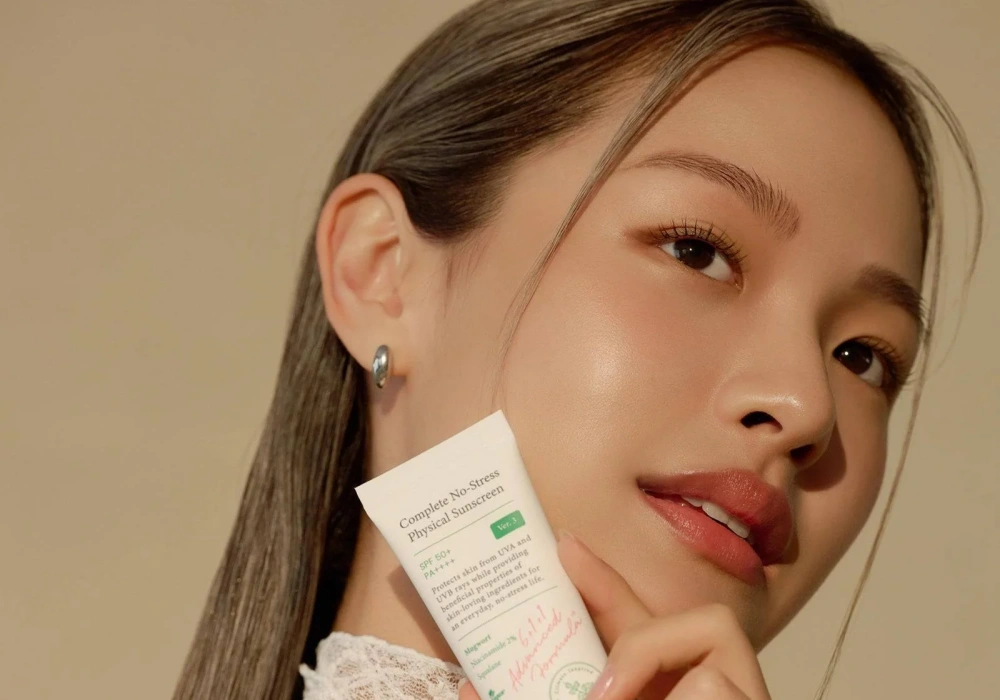Understand your skin type and concerns. Different skin types have different needs, and what works for one person might not work for another. If you have dry skin, look for products with hydrating ingredients like hyaluronic acid. If your skin is oily, choose lightweight, non-comedogenic products that won’t clog your pores.
URetinol, a form of vitamin A, is a gold standard in anti-aging for its ability to stimulate collagen production and accelerate skin cell turnover. Antioxidants like vitamin C can protect your skin from free radical damage, while peptides can help restore firmness.
Don’t forget about sun protection. The sun’s UV rays are a major cause of premature aging, so a broad-spectrum sunscreen with an SPF of at least 30 should be a staple in your anti-aging routine.
When using anti-aging cosmetics, patience is key. These products work by promoting healthy skin cell behavior, which takes time.
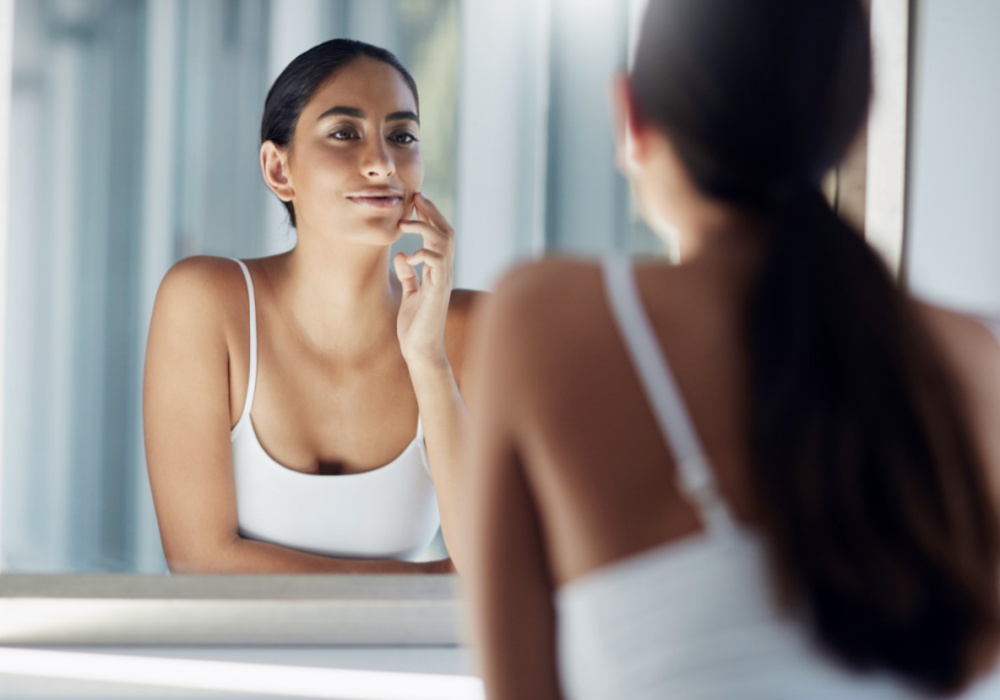
It can take several weeks or even months to see noticeable results, so don’t give up if you don’t see immediate changes.
Less is more. Applying too much product can irritate your skin and waste product. Start with a pea-sized amount and adjust as needed.
Remember that skincare is just one piece of the anti-aging puzzle. A balanced diet, regular exercise, and adequate sleep can also contribute to healthier, younger-looking skin.
When choosing and using anti-aging cosmetics, understand your skin type and concerns, look for key anti-aging ingredients, don’t forget about sun protection, be patient, use the right amount of product, and remember the importance of a healthy lifestyle. By following these tips, you can navigate the world of anti-aging cosmetics with confidence and make informed decisions that can help you achieve healthier, younger-looking skin.

